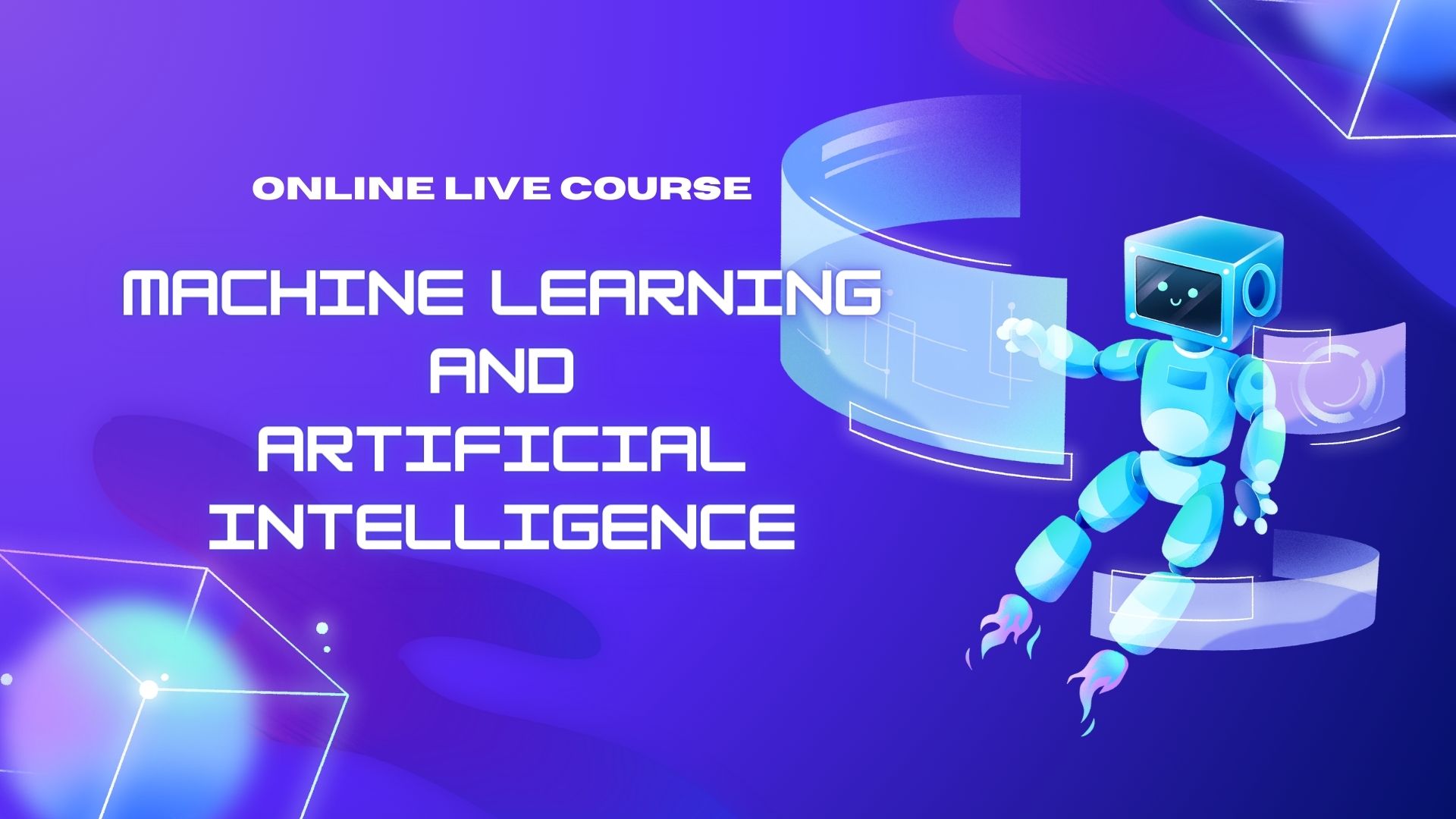Complete Artificial Intelligence Course
Course Overview:
Artificial intelligence (AI) is becoming increasingly important because it enhances efficiency, decision-making, and automation across industries. Here are some key reasons why AI is gaining significance. I am designing this Master’s Course in every important professional field. If you are looking for the best artificial intelligence course to improve your career next level, This master in artificial intelligence course in Kolkata. When you face any kind of challenge, AI can help you resolve your problems easily.
- Automation of Repetitive Tasks – AI can handle mundane and repetitive tasks, allowing humans to focus on creative and strategic work.
- Improved Decision-Making – AI analyzes vast amounts of data quickly, providing insights that help businesses and individuals make better decisions.
- Personalization – AI powers personalized recommendations on platforms like Netflix, Amazon, and Spotify, enhancing user experiences.
- Enhanced Healthcare – AI assists in disease diagnosis, drug discovery, and robotic surgeries, improving patient outcomes.
- Cost Reduction – Automating tasks with AI reduces operational costs and increases efficiency in various industries.
- Smart Assistants & Chatbots – AI-driven virtual assistants like Siri, Alexa, and chatbots improve customer service and support.
- Cybersecurity & Fraud Detection – AI enhances security by detecting anomalies and potential threats in real time.-
- Self-Driving Technology – AI is revolutionizing transportation through autonomous vehicles, reducing accidents and traffic congestion.
- Climate & Environmental Impact – AI helps monitor and combat climate change through predictive models and smart energy management.
- Innovation & Creativity – AI aids in content creation, music composition, and art, fostering new forms of creativity.
Class Type: Online Live Class | Class Mode: Personalised
Prerequisites:
* Basic knowledge of programming concepts is beneficial but not mandatory.
* Familiarity with linear algebra and calculus will be helpful, but not strictly required.
Target Audience:
* Aspiring data scientists and machine learning enthusiasts.
* Software engineers looking to upskill in Python, data science, and AI technologies.
* Professionals in related fields seeking to incorporate AI and machine learning into their work.
Course Objectives:
By the end of this course, participants will be able to:
* Build a strong foundation in Python programming for data science and AI applications.
* Apply data manipulation and analysis techniques using Pandas and NumPy.
* Understand key concepts and algorithms in supervised and unsupervised machine learning.
* Create and train neural networks with PyTorch for deep learning tasks.
* Implement real-world AI applications in natural language processing and computer vision.
* Explore ethical considerations in AI development and deployment.
### Course Syllabus:
Module 1: Python Fundamentals:
* Introduction to Python and its applications in data science and AI
* Python basics: syntax, variables, operators, and control flow
* Functions, modules, and libraries
* Hands-on exercises and mini-projects
Module 2: Understanding AI Models:
* What are AI Models? How can we Build AI Models?
* Why AI Models are Important?
* Practical Usages of AI Models?
* How can AI models be used locally?
Module 3: Advanced Machine Learning
- Supervised vs. Unsupervised Learning (Advanced Concepts)
- Ensemble Learning (Bagging, Boosting, Stacking)
- Feature Engineering & Dimensionality Reduction (PCA, t-SNE)
- Bayesian Methods and Probabilistic Graphical Models
- Reinforcement Learning and Deep Q-Learning
Module 3: Deep Learning Architectures
- Advanced Neural Networks (CNNs, RNNs, Transformers)
- Attention Mechanisms & Self-Attention in NLP
- Generative Adversarial Networks (GANs)
- Autoencoders and Variational Autoencoders (VAEs)
- Transfer Learning & Model Fine-Tuning
Module 4: Natural Language Processing (NLP) & Large Language Models
- Word Embeddings (Word2Vec, GloVe, BERT, GPT)
- Sentiment Analysis & Text Summarization
- Named Entity Recognition (NER) & Sequence Labeling
- Large Language Models (LLMs) & Fine-tuning OpenAI, BERT, LLaMA
- AI in Conversational Agents & Chatbots
Module 5: AI in Computer Vision
- Image Classification & Object Detection
- Image Segmentation (U-Net, Mask R-CNN)
- Face Recognition & Biometric Systems
- Optical Character Recognition (OCR)
- AI in Medical Imaging
Module 6: AI in Business & Industry Applications
- AI in Finance (Algorithmic Trading, Fraud Detection)
- AI in Healthcare (Predictive Analytics, Drug Discovery)
- AI in Marketing & Personalization
- AI in Autonomous Vehicles & Robotics
- AI in Cybersecurity
Module 7: Ethical AI & Explainability
- AI Bias & Fairness
- Explainable AI (XAI) Techniques
- Ethical Considerations in AI Development
- Privacy-Preserving AI & Federated Learning
- Regulations & Compliance (GDPR, AI Act)
Module 8: LLM Models Usages
- Introduction of LLM Models.
- How can use LLM Models? How can run and execute LLM Models?
- LLM Model Types and Use Own Datasets for Fine tuning.
- LLM-Based App Developments for Business Usages.
Module 9: Custom LLM Model and App Deployment & Optimization
- Model Deployment with PyTorch Serving & FastAPI
- MLOps & Continuous Integration/Deployment (CI/CD)
- Optimizing AI Models for Performance & Cost Efficiency
- AI on Edge Devices & IoT Integration
- Cloud AI Solutions (AWS, Google Cloud, Azure AI)
Class Type: Online Live Class | Class Mode: Personalised
Hands-on Projects & Capstone
- Project 1: Build an Advanced NLP Chatbot
- Project 2: Create a Computer Vision System for Object Detection
- Project 3: Develop an AI Model for Financial Forecasting
- Project 4: AI Agents for Business Automations
- Capstone Project: End-to-End AI Solution for a Real-World Problem
Participants who successfully complete the course and the final project will receive a Certificate of Completion, demonstrating their proficiency in Python, Data Science, Machine Learning, and Artificial Intelligence with PyTorch.










